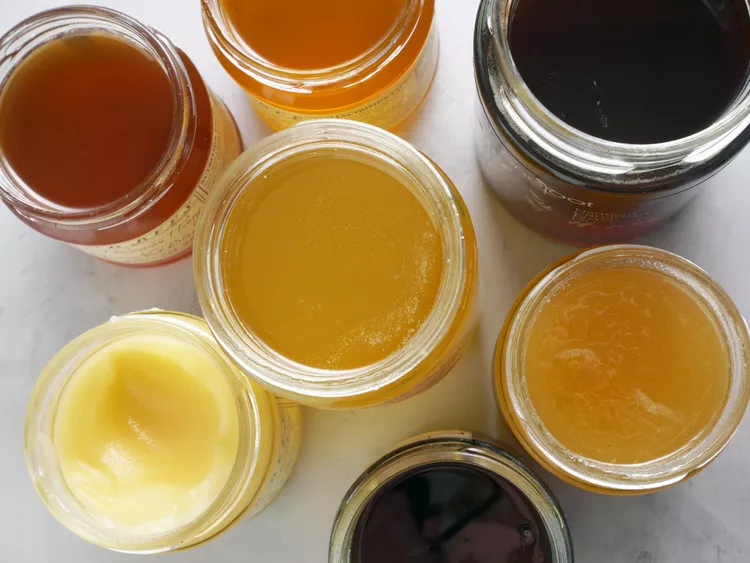Natural honey buyers play a critical role in shaping the global beekeeping industry. Their purchasing decisions not only impact honey producers but also influence environmental sustainability, economic livelihoods, and the health of pollinator populations. As awareness grows about the importance of sustainable practices, natural honey buyers are becoming key contributors to promoting sustainable beekeeping.
Understanding Sustainable Beekeeping
Sustainable beekeeping focuses on practices that ensure the health and longevity of bee populations while minimizing harm to the environment. It involves maintaining biodiversity, avoiding chemical pesticides, using ethical harvesting techniques, and ensuring that bees are not overworked. Sustainable beekeeping supports the ecosystem by enabling bees to pollinate crops, which is crucial for food production.
How Natural Honey Buyers Influence Beekeeping Practices
Natural honey buyers, whether individuals or businesses, significantly influence beekeeping practices through their preferences and purchasing patterns. By prioritizing sustainably sourced honey, they encourage beekeepers to adopt eco-friendly methods. Here’s how:
1. Supporting Ethical Beekeepers
When buyers choose honey from ethical sources, they support beekeepers who prioritize the welfare of bees. This includes ensuring that bees have enough honey reserves for their sustenance and using methods that do not harm the colonies during harvesting.
2. Encouraging Organic Practices
Natural honey buyers often prefer honey that is free from chemicals and additives. This preference incentivizes beekeepers to avoid harmful pesticides and chemicals, leading to healthier bee populations and a cleaner environment.
3. Promoting Biodiversity
Sustainably sourced honey often comes from beekeepers who practice biodiversity by placing hives in areas with diverse flora. Natural honey buyers indirectly support the preservation of wild habitats, which is essential for maintaining ecological balance.
The Economic Impact of Natural Honey Buyers
The demand for natural honey creates economic opportunities for small-scale beekeepers and rural communities. Many sustainable beekeepers rely on local buyers to sustain their operations. By purchasing from these sources, natural honey buyers help ensure that small-scale beekeepers can thrive, thereby promoting economic stability in rural areas.
In addition, buyers who value transparency often seek honey with certifications such as “organic” or “fair trade.” These certifications not only fetch higher prices but also push beekeepers to adopt sustainable and ethical practices.
Challenges for Natural Honey Buyers
Despite their role in promoting sustainable beekeeping, natural honey buyers face several challenges:
- Adulteration in the Market: Adulterated honey with added sugars or syrups often floods the market, making it difficult for buyers to identify authentic natural honey.
- Lack of Transparency: Some producers may claim sustainability without adhering to genuine eco-friendly practices, leading to greenwashing.
- Higher Costs: Sustainably produced honey is often more expensive due to the resources required for ethical practices, which can deter some buyers.
Steps Natural Honey Buyers Can Take
To further their role in supporting sustainable beekeeping, natural honey buyers can adopt the following strategies:
- Research Suppliers
Buyers should seek information about honey suppliers, including their beekeeping practices, sourcing methods, and certifications. Reliable suppliers often provide detailed information about their processes.
- Look for Certifications
Certifications like “USDA Organic,” “Fair Trade,” or “Bee-Friendly Certified” indicate adherence to sustainable practices. These labels help buyers make informed decisions.
- Advocate for Local Beekeepers
Buying honey locally reduces transportation emissions and supports community-based beekeeping. Local honey also has the added benefit of being fresher and often more nutritious.
- Raise Awareness
Natural honey buyers can influence others by raising awareness about the importance of sustainable honey. Sharing information on social media or within local communities can encourage more people to make ethical choices.
The Broader Impact of Sustainable Honey Buying
The actions of natural honey buyers extend beyond the beekeeping industry. By supporting sustainable practices, they contribute to:
- Pollinator Health: Healthy bee populations are essential for pollination, which affects global food security.
- Environmental Conservation: Sustainable beekeeping reduces environmental degradation and promotes the preservation of ecosystems.
- Climate Resilience: Practices like planting diverse flora for bees can help mitigate the effects of climate change.
Conclusion
Natural honey buyers are pivotal in promoting sustainable beekeeping. Their choices encourage ethical and eco-friendly practices, support local economies, and help protect the environment. As the demand for sustainably sourced honey grows, natural honey buyers can continue to drive positive change, ensuring a healthier future for bees, beekeepers, and the planet. By being mindful and informed, they become active participants in preserving one of nature’s most vital ecosystems.
